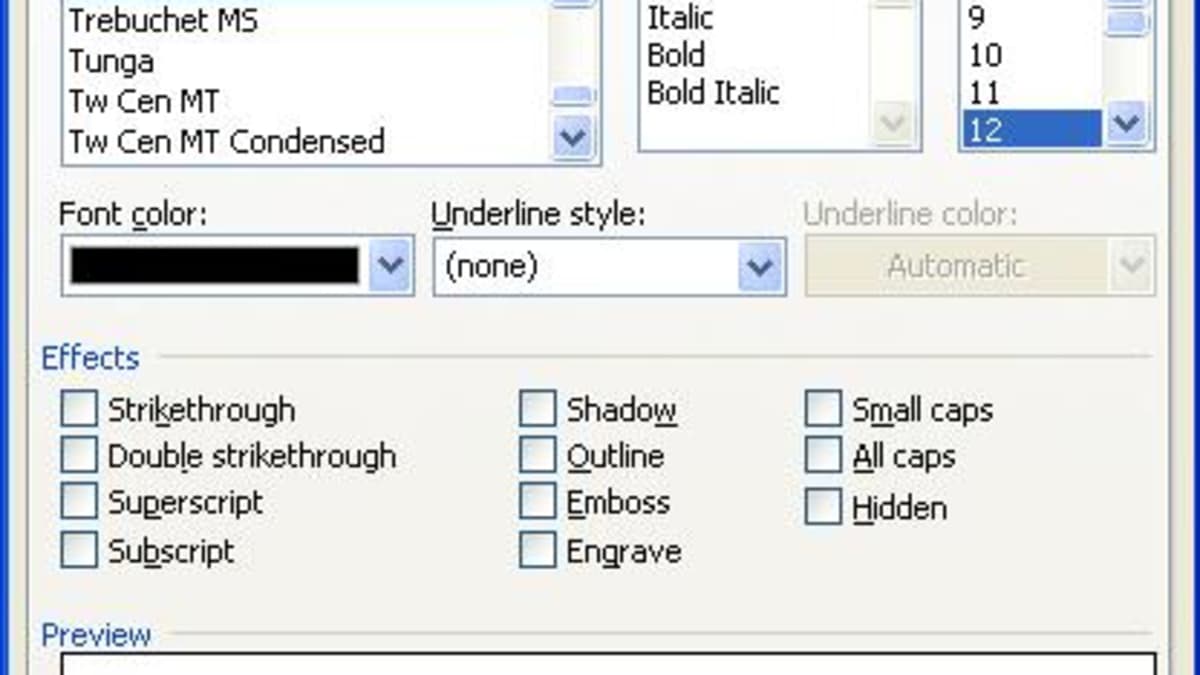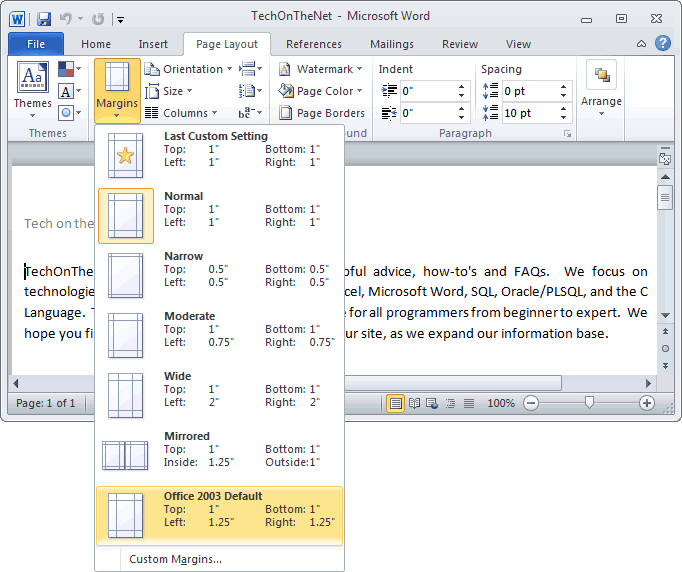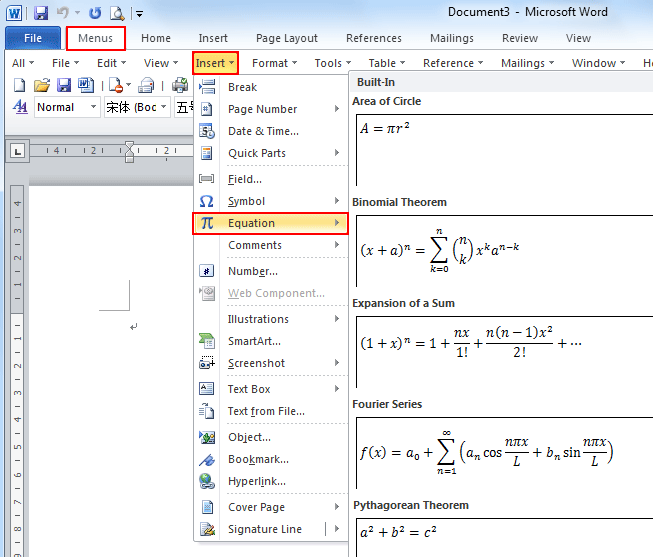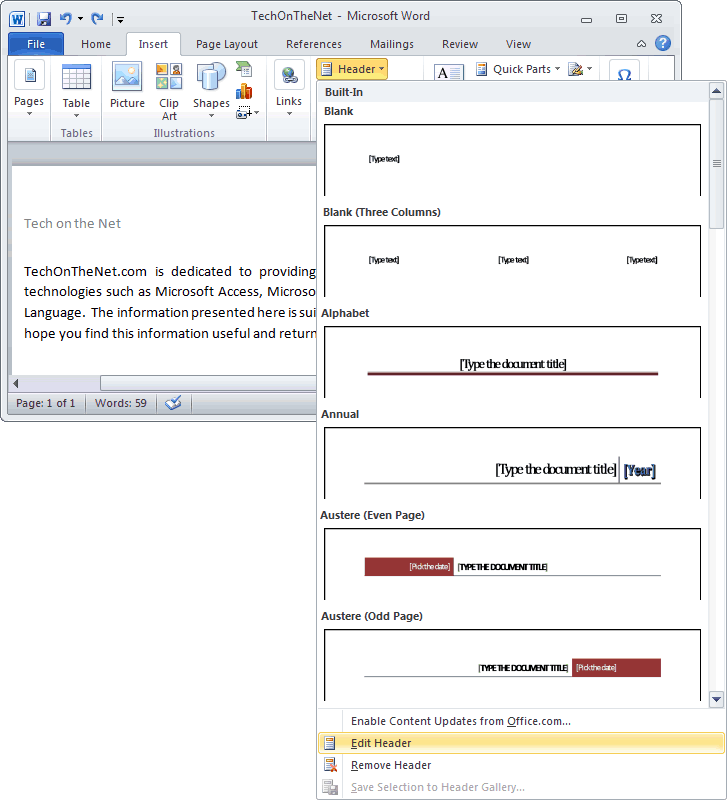

You can use the paragraph-level and big-picture tools in the table above to efficiently fix problems, once you know what they are. For now, you’ll need to educate yourself about common paragraph-level and big-picture problems, or get some direction from beta readers and editors. +Fixing tools: these tools will help you fix writing problems, once they are identified.Īs far as we know, there aren’t automated diagnostic tools that will point out paragraph-level and big-picture problems. *Diagnostic tools: these tools will check for one or more potential writing problems with the click of a button. We’ve selected tools that we think will be most helpful to writers, but there are many more tools that you can explore and try. Not all tools are diagnostic and automated.* Some of them, such as the paragraph-level and big-picture tools, will help you when it’s time to fix your writing. We’ve organized them into the four levels of editing that every manuscript should go through.


If writers want to learn how these tools work, they can use them to diagnose their own writing!īelow is a list of some our favourite editing tools, linked to articles that describe how to use them. Many editors use automated editing tools to efficiently find problems in a piece of writing. If you’re still working on developing your resilience, we have another “external” self-editing option for you: editing tools. Writers need to be able to develop resilience for receiving feedback, but this takes time and practice. Not everyone responds well to feedback from beta readers and editors. Because it’s difficult to be objective about your own writing, external feedback can alert you to your writing blind spots. The remaining items on the list above are different from the first item in one important way: they offer feedback on your writing from an external source - from someone, or something, other than you.

This approach to self-editing is most effective if there aren’t time constraints, and if you’re able to see what needs improving. It may also afford you the perspective you need to see where your writing needs fixing. Setting your writing aside for a spell may give you the time you need to recharge and become excited about your book project again. You may be exhausted from your first-draft efforts. Let’s look at each of these self-editing approaches.


 0 kommentar(er)
0 kommentar(er)
